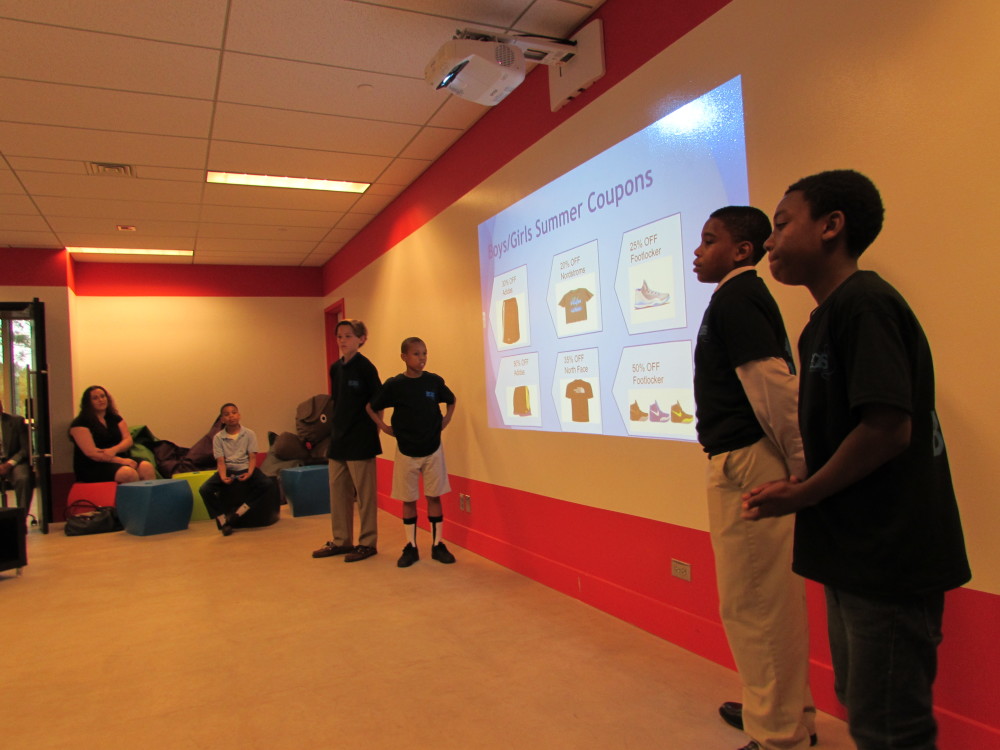The Baltimore city government CIO’s office is working on a new roadmap to modernize IT.
On Tuesday, the city released a draft of a new document called the “Inclusive Digital Transformation Strategic Plan.” The city says it’s the first of its kind for Baltimore.
https://twitter.com/MayorPugh50/status/968552250284101632
When it comes to city government technology, there have been some bright spots in recent months, such as the community partnerships in the TECHealth program run by the Baltimore City Health Department and modernization moves to put permits online.
But the plan makes clear that a more fundamental overhaul stretching across all of city government is needed. Its development comes after Mayor Catherine Pugh appointed former Intel exec Frank Johnson as the city’s CIO in September, who took the helm after a series of resignations in the city’s top tech job since 2012.
As a result of decentralized management and underfunding, “many of the city’s IT capabilities are outdated and lack the modern-day range of capabilities offered by comparable cities,” the report states. The plan seeks to lay out paths to turn that around.
The report states plainly that it’s not meant to be the final call.
“This document is not meant to detail the exact tasks necessary to implement various tech initiatives, but to simply outline the roadmap necessary to establish a tech ecosystem that reduces redundancy and cost, aligns standards, improves the public’s experience with city government and dismantles the digital divide,” the plan states.
The release on Tuesday isn’t a final draft either. The city is accepting public comments through March 16 on this website, with a final version expected to be released in April.
Read the draft plan
Even as it’s not finalized, a few key points are worth noting. One big change would be a rebrand. The plan calls for the office that’s been known as the Mayor’s Office of Information Technology to be renamed the Baltimore City Office of Information and Technology. That change would come with a new effort to centralize IT operations where appropriate.
Another focus is around updating the systems used by the city. A big section involves modernizing technology and practices, from new cloud services to introducing DevOps to the city. Developing new civic tech, including open data infrastructure and IoT, is also a focus.
Throughout, the plan also calls for the city to establish partnerships with the community. A big priority is around the city’s tech workforce, including a proposal for a city-run effort to develop a “pipeline of Baltimore-based IT talent.” Through this program, the city wants to create more tech training by partnering with existing organizations and companies, as well as public schools and colleges.
The plan also proposes creating a physical tech center with corresponding digital platform where people from inside and outside city government could work on new solutions.
There’s also a budget ask. Over five years, it calls for essentially doubling the current IT budget of $56 million.
Baltimore city government is developing a five-year tech transformation plan







